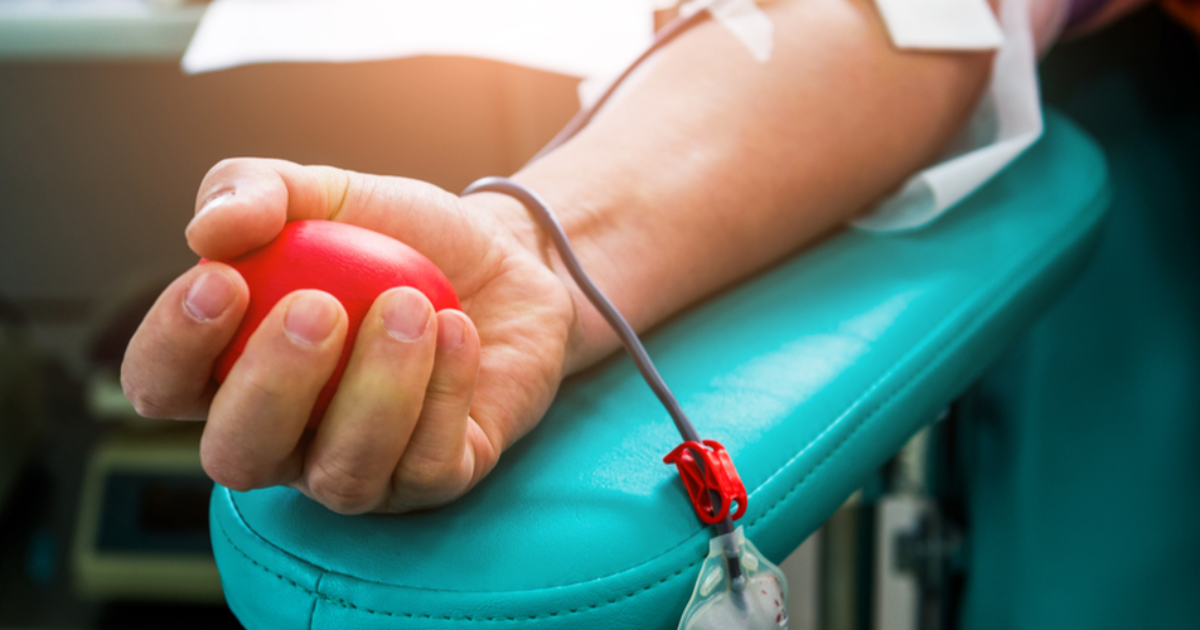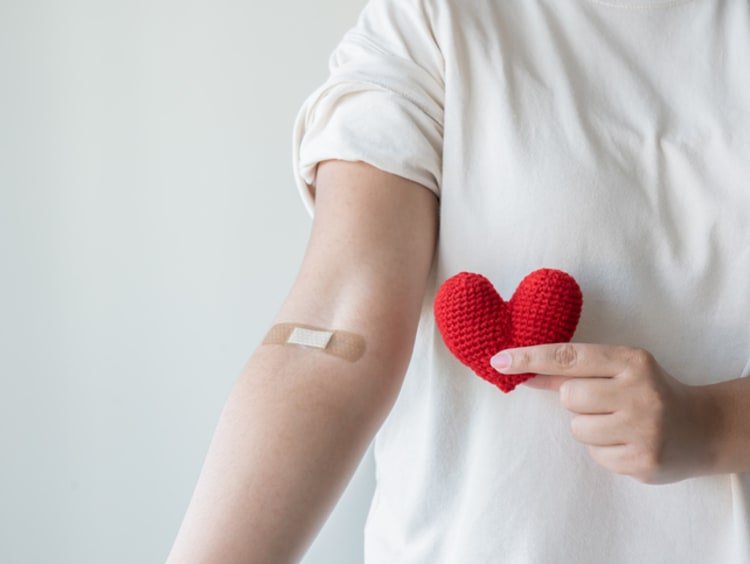January: National Blood Donor Month
January is National Blood Donor Month. Here at MGH, we truly recognize the importance of donating blood when possible. Here are a few reasons to donate blood if you are able, and how or where to do so!
Why Donate? Who Benefits from Your Donated Blood
Blood transfusions: people with life-threatening injuries or other serious health concerns that require blood transfusions may receive your blood donation, potentially saving their life!
RBCs (red blood cells): individuals with a variety of blood disorders, e.g. sickle cell disease, as well as people with blood loss and severely premature babies, need supplemental red blood cells and may receive them from your blood donation.
Platelets: another component of your blood, typically necessary for cancer patients but also transfused to transplant patients.
Plasma: you can actually donate just the plasma in your blood — a slightly longer process but equally as beneficial. Patients with burns, serious infections, and those with liver failure may receive plasma transfusions.
Who Can Donate?
How: According to the Red Cross, these are the requirements for blood donors. (Note that the Red Cross also does other types of blood donation, including plasma donation. Below are requirements for basic donation.)
In good health
At least 17 years old
Weighing at least 110 pounds
Read more for in-depth requirements; the Red Cross covers a number of medications and illnesses that may affect (or not affect!) ability to donate
Where: Boston locations
Boston Red Cross Blood, Platelet and Plasma Donation Center. 274 Tremont St., Boston, MA.
Find additional Red Cross donation locations here.
MGH Blood Donor Center (!) via blood drive or appointment. 50 Blossom St, GRJ 120, Boston, MA.
Boston Children’s Blood Donor Center via appointment. 333 Longwood Ave, Boston, MA.
Kraft Family Blood Donor Center of Brigham and Women’s Hospital and Dana Farber Cancer Institute via appointment. 35 Binney St, Boston, MA.
Search any Boston-based or nearby hospital! Almost every single one will have an associated blood donation center.
What Happens? How a Blood Donation Appointment Goes
First, you’ll be asked to answer some questions about your name, address, and health history. After checking in, a phlebotomist will clean your preferred arm and insert a fresh, sterile needle. You may sit or lie down. Then, blood will begin to be collected. Approximately 8-10 minutes later, after 1 pint is collected, donation is complete! The process is short and sweet. Be sure to eat before and after!
If you feel comfortable, are able, and meet the requirements, don’t hesitate to donate (maybe even more than once!). Blood donations are absolutely crucial to so many lives, and having an adequate blood supply in hospitals is incredibly important for stability and potential emergencies.





